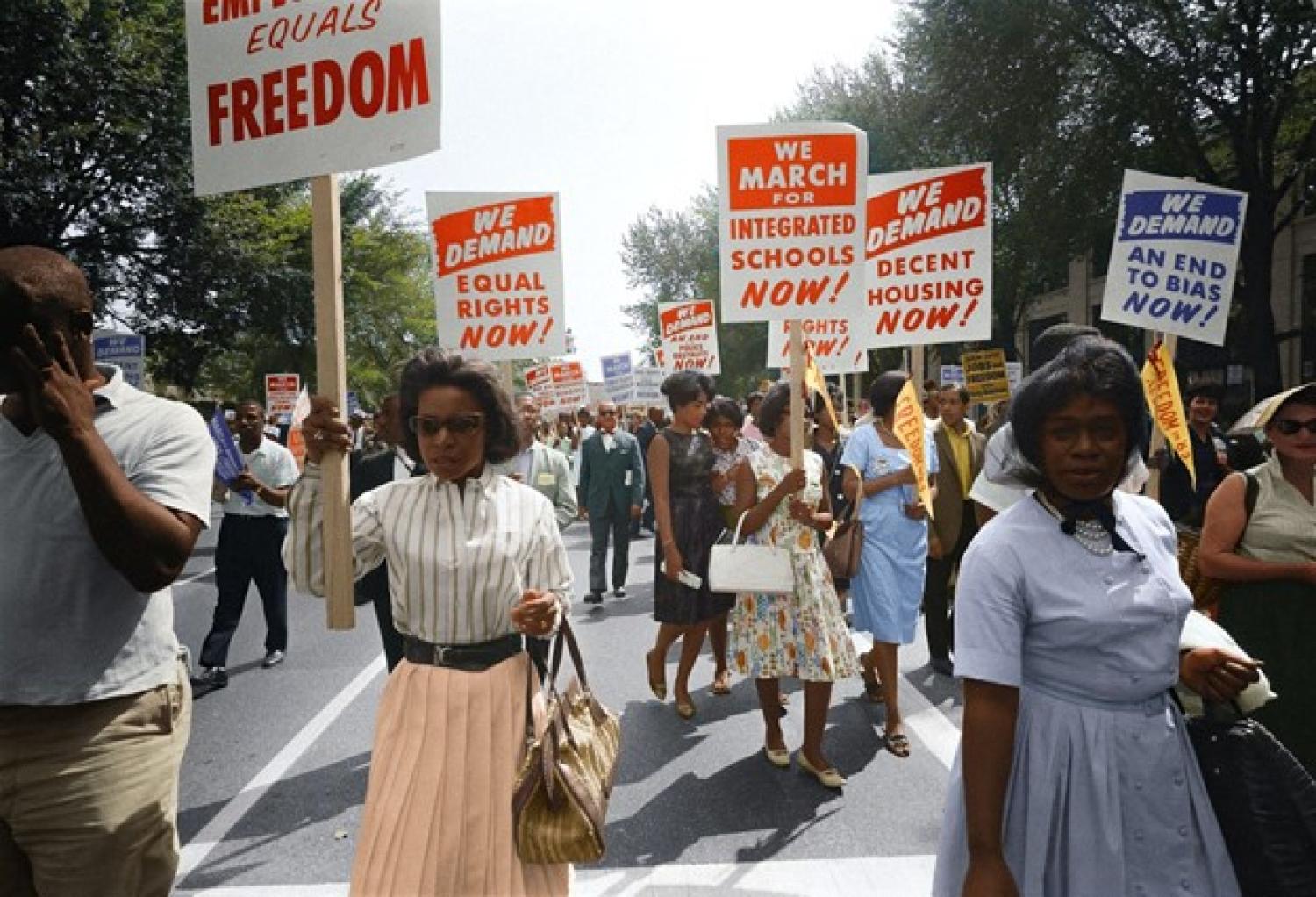Imagine walking into a classroom where students are advocating for women's rights, staging a protest against the war in Vietnam, or negotiating a treaty to lower carbon emissions. Chances are, these students are engaging in one of many Reacting to the Past games. These are not just games, but a pedagogical approach designed to encourage students to think critically, negotiate with others, debate their position, and persuade others through speeches and writing to create political change and shape history.
Reacting to the Past (RTTP), as defined by the Reacting Consortium at Barnard College, is an active-learning pedagogy of role-playing games designed for higher education. In Reacting to the Past games, students are assigned character roles with specific goals and must communicate, collaborate, and compete effectively to advance their objectives. Reacting promotes engagement with big ideas, and improves intellectual and academic skills.
Through this pedagogical approach, students study a historical moment and react to a series of events based on their game-character’s perspective. Each role has specific goals that the student attempts to achieve. Unlike a play, these roles do not have specific lines or a script, but the student must react (to their opponents or opposition) through the historical figure’s beliefs and philosophical views as defined in a role sheet.
Reacting is deeply interdisciplinary, and teaches students valuable skills that they may not normally cultivate in traditional classrooms: such as public speaking, leadership, debate, and persuasion - but also compassion, empathy, and teamwork. During ‘game play’, students are in charge of the classroom. They stand up in front of class and give speeches, while audience members ask questions or heckle speakers. They're also learning about the art and power of persuasion. Student interactions manifest in various forms, from persuading others through speeches, to organizing a group of people to vote a particular way, to using moral suasion and appeals to human instincts. These types of peer-to-peer interaction inject more life into the college classroom, even as they teach students valuable lessons about how change happens (or why it doesn’t) in real life.
Learn more about the Reacting to the Past pedagogy by:
- Listening to a podcast about Reacting to the Past (21:30) featuring our resident Reactors, Michaele Ferguson, Catherine Kunce, and David Paradis.
- Reaching out to our resident Reactors! They are more than happy to share their experience and answer your most burning questions!
- Signing up for FREE access to the Reacting Consortium library. The Student Success Innovation Incubator team has procured access for the entire CU System to find instructor manuals, games, resources, and course materials for you to use!
- Attending the in-person Reacting Summer Conference hosted at CU from June 13-16, 2022! There’s no better way to learn about what the Reacting to the Past pedagogy is than playing a game and learning from seasoned Reactors! Keep an eye out for more information about this event!

